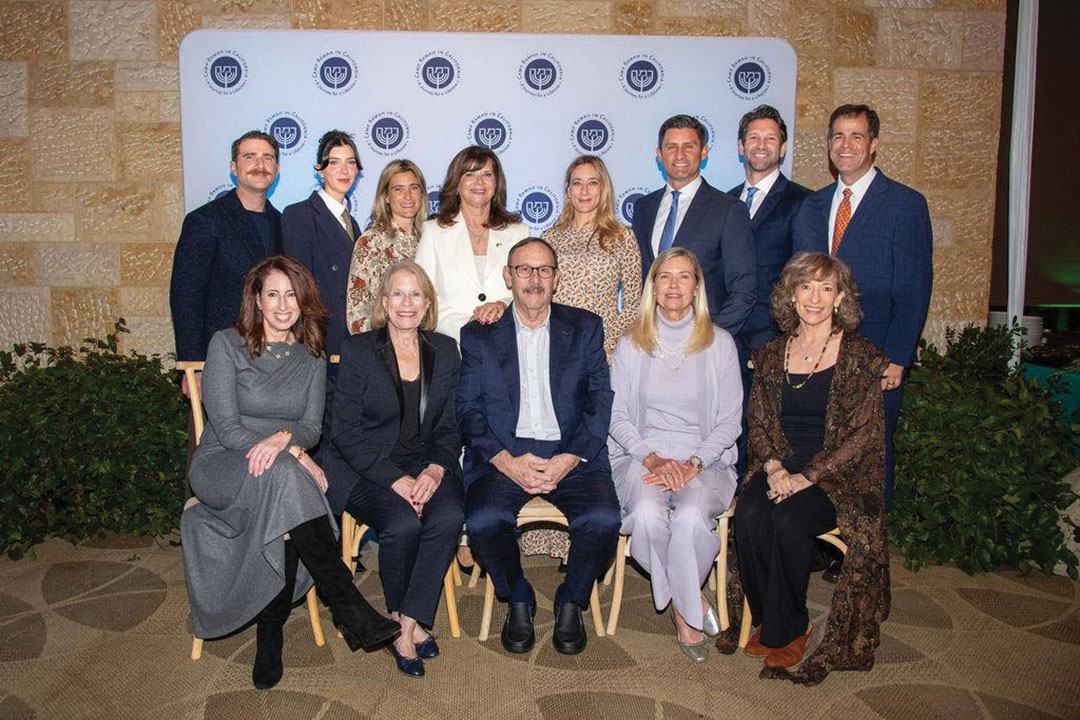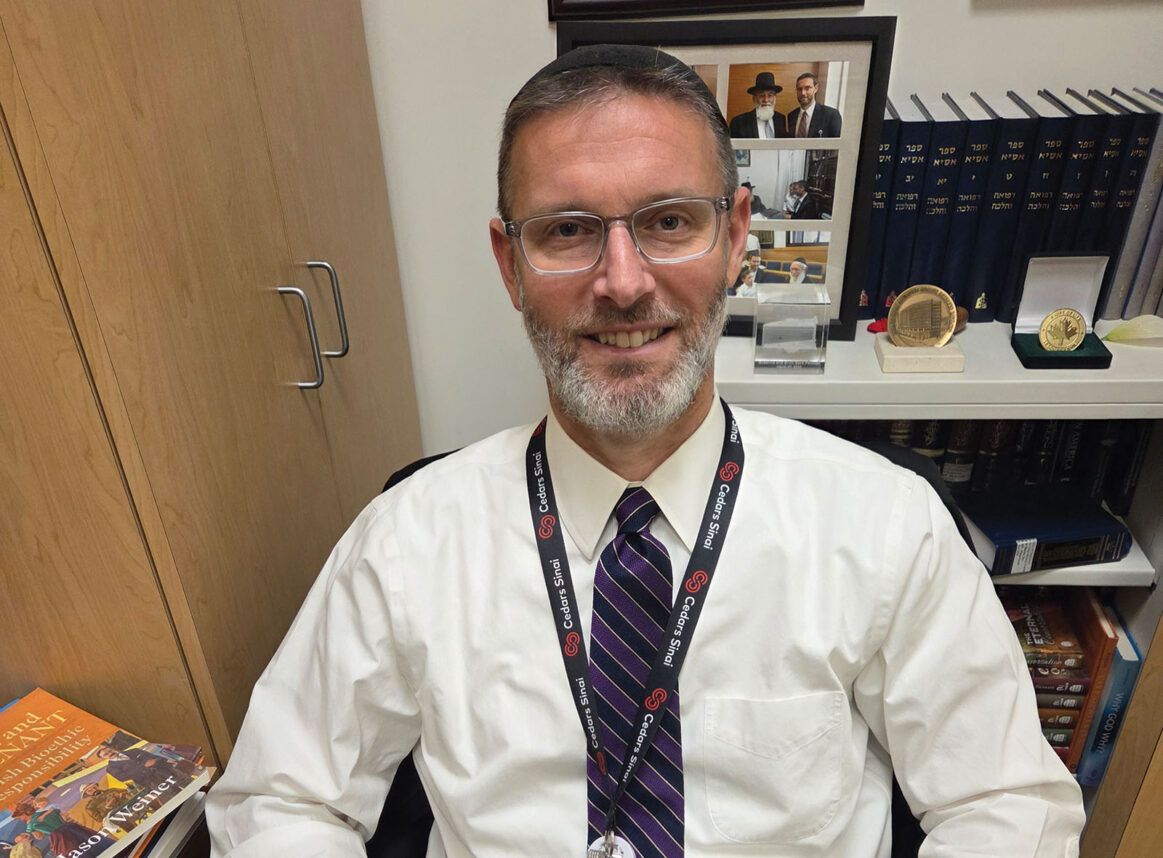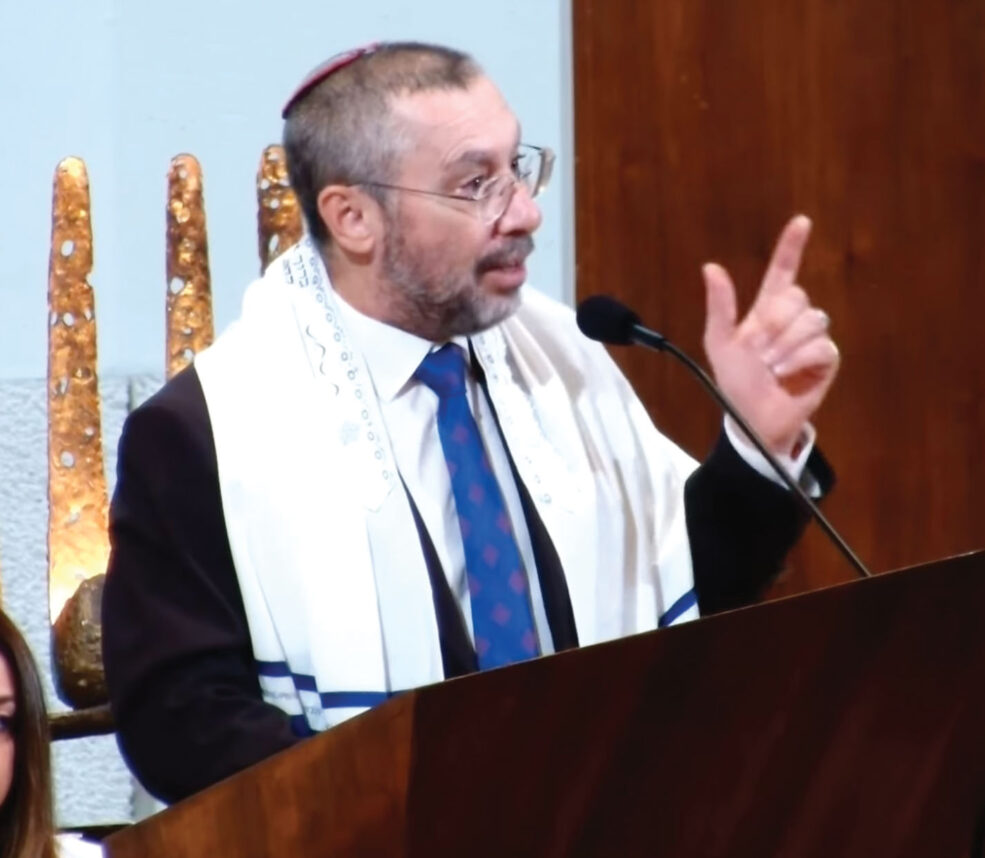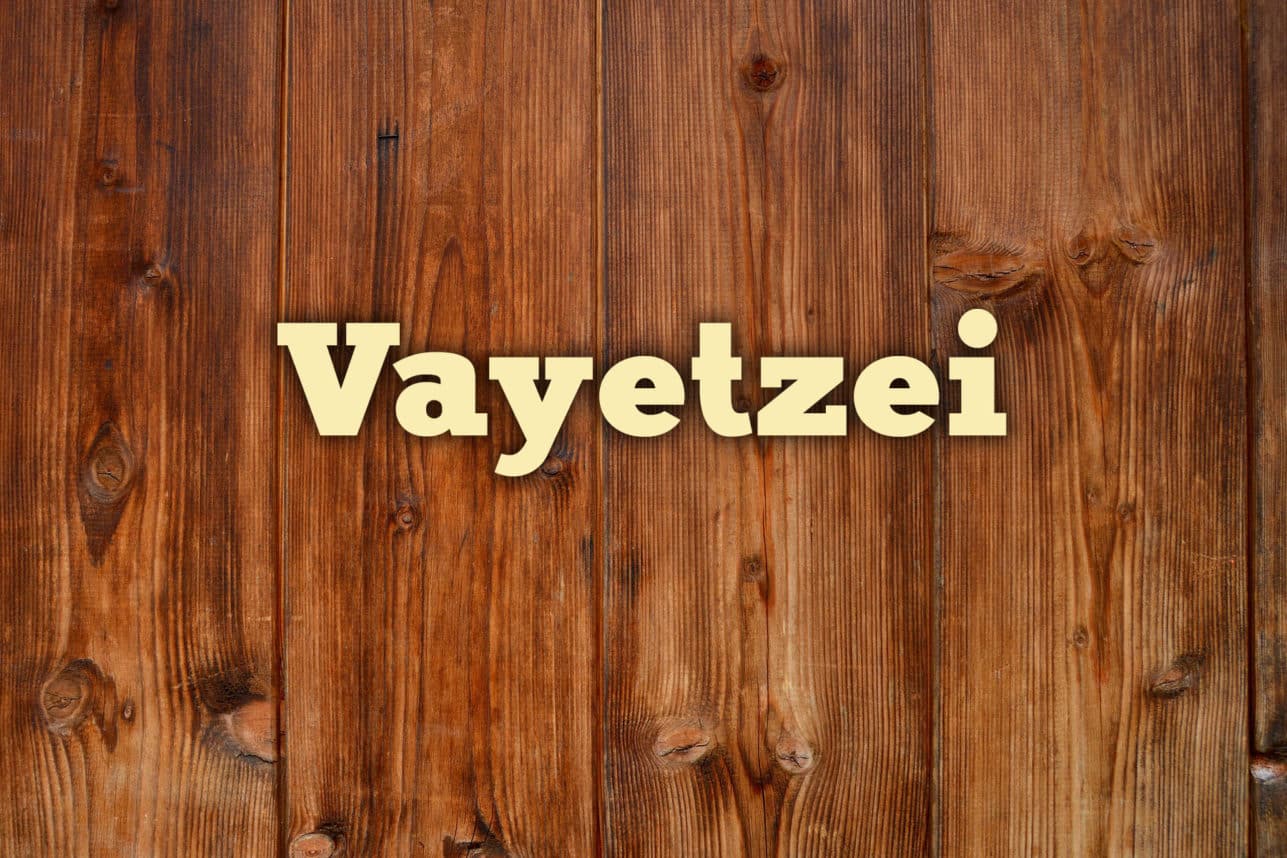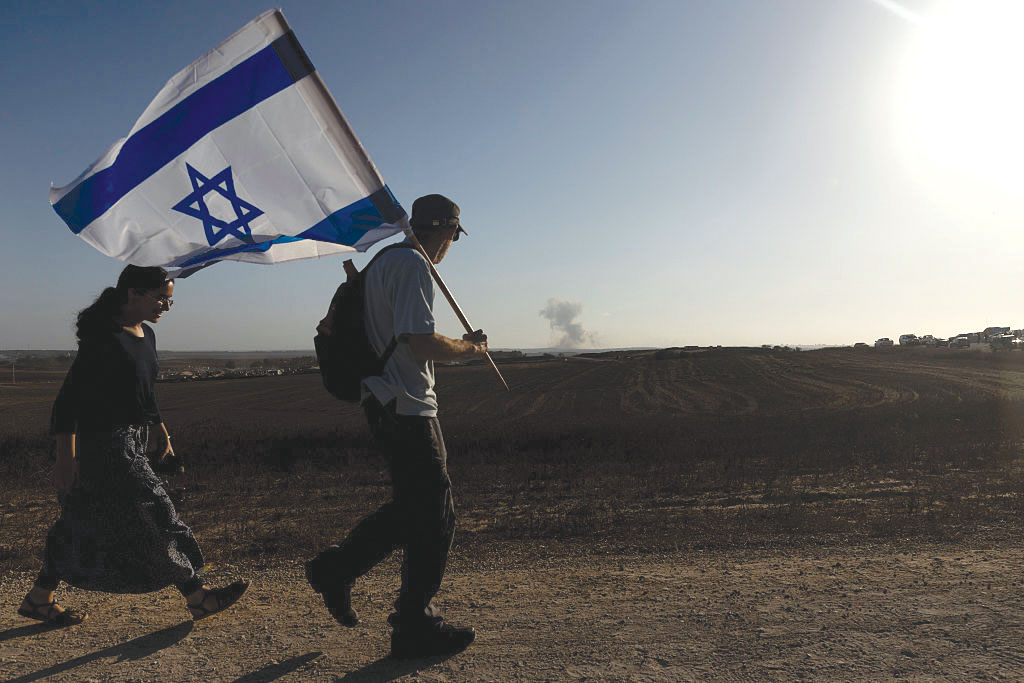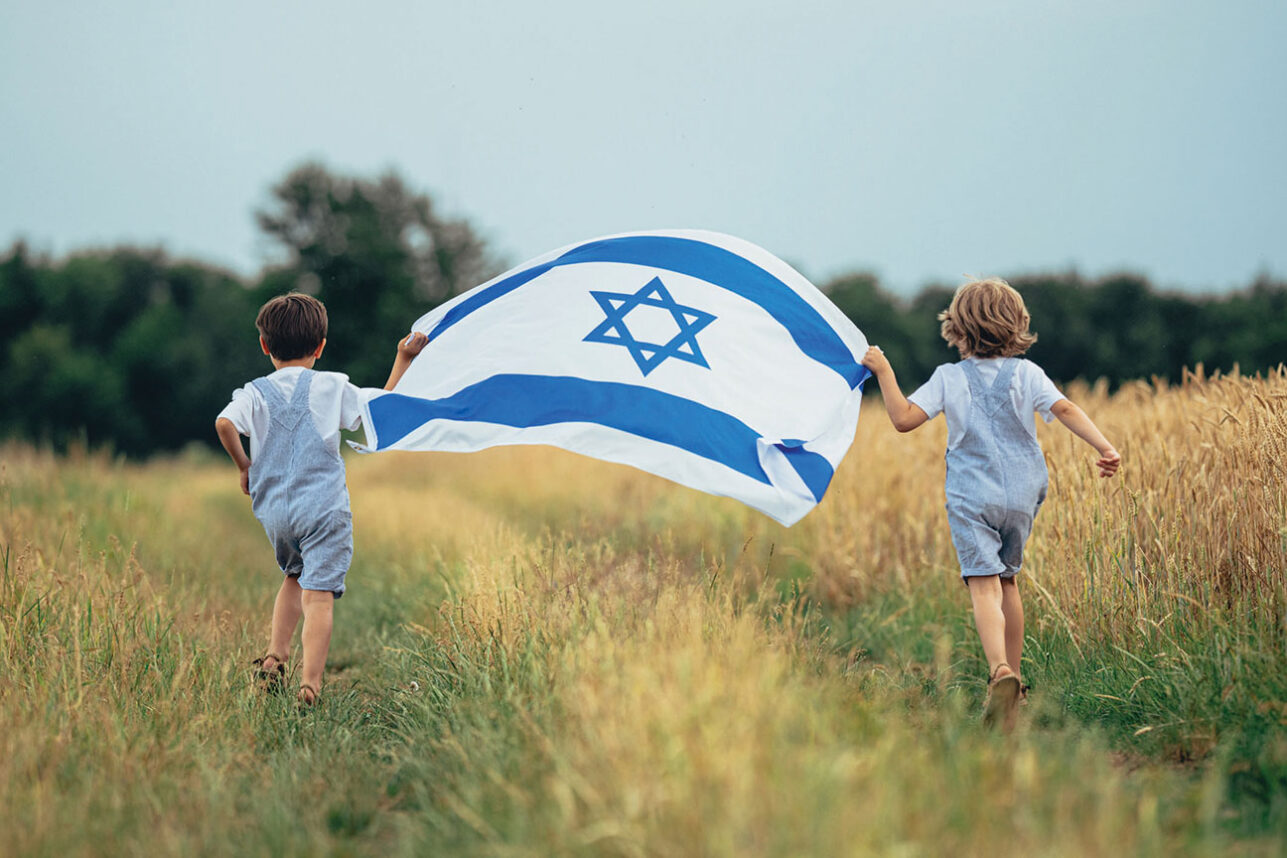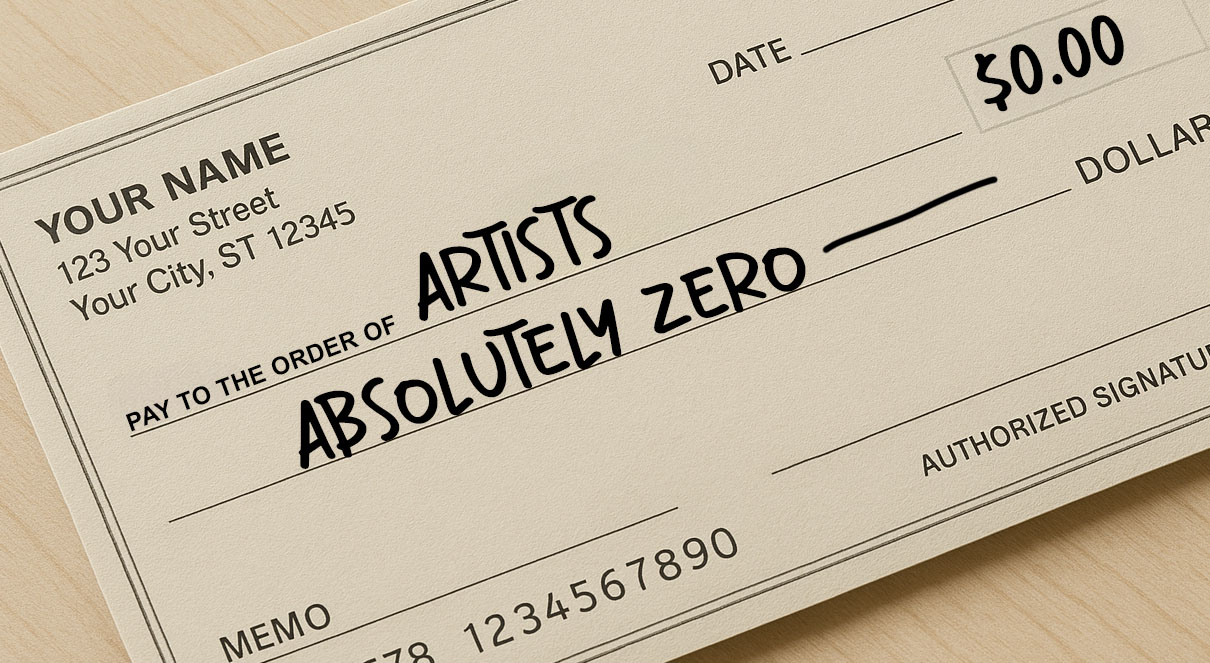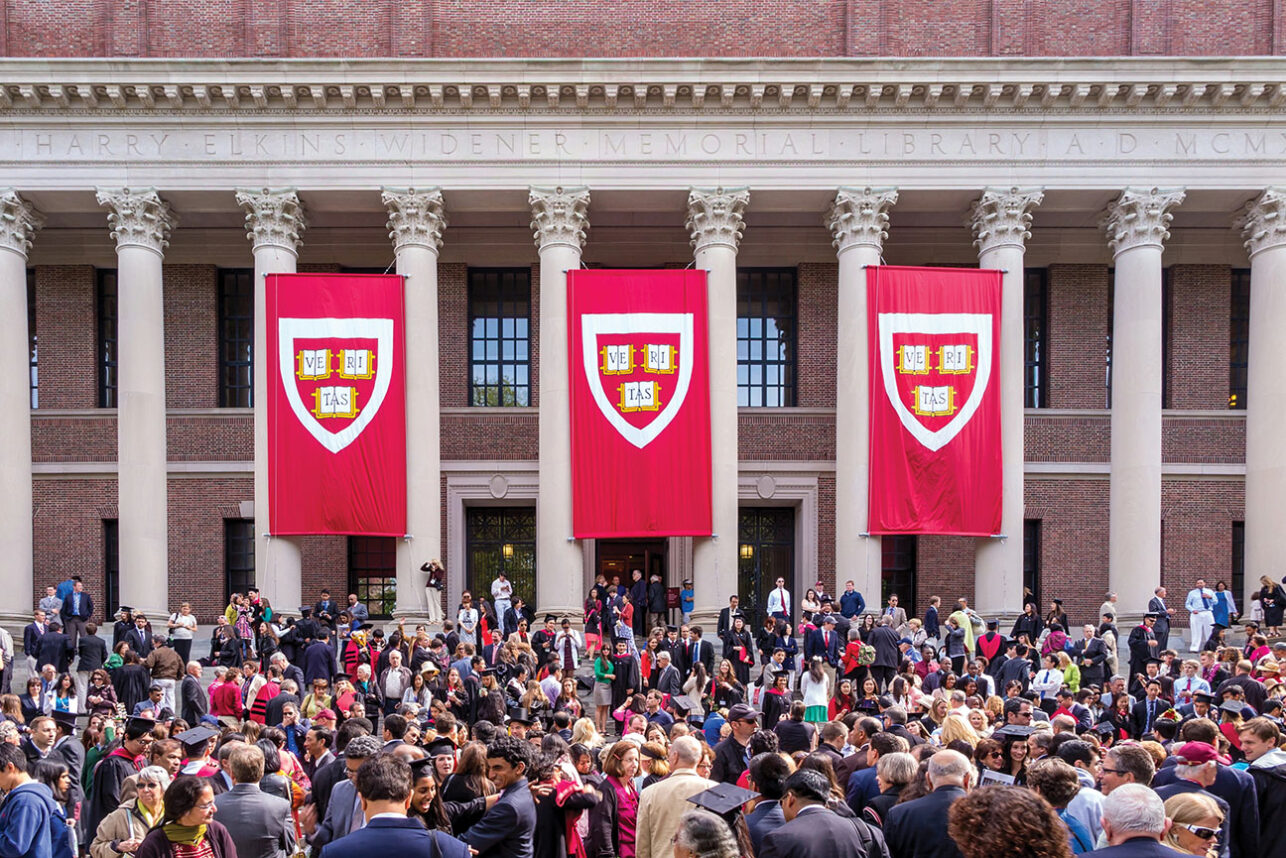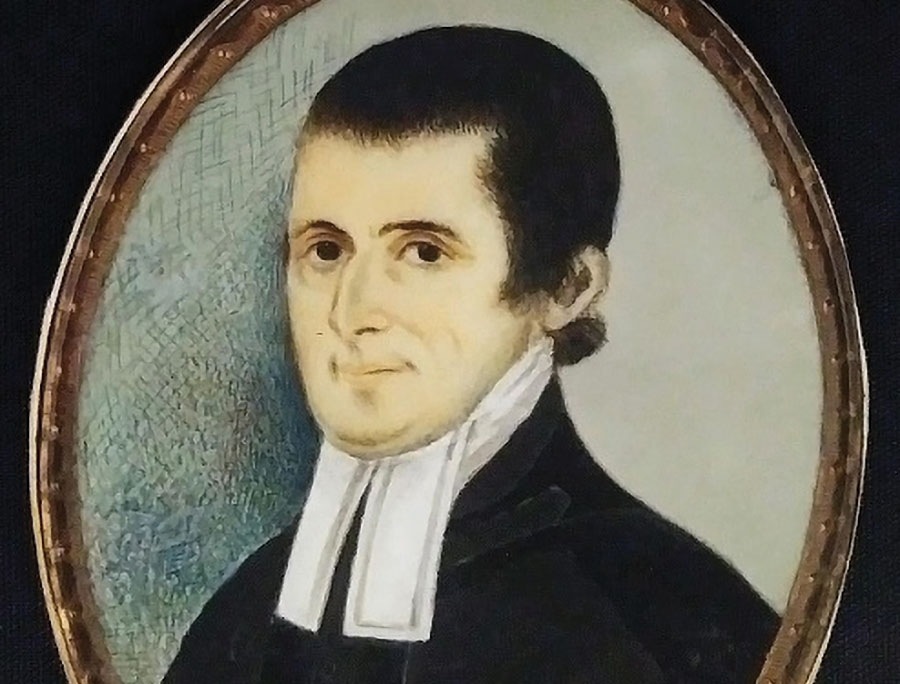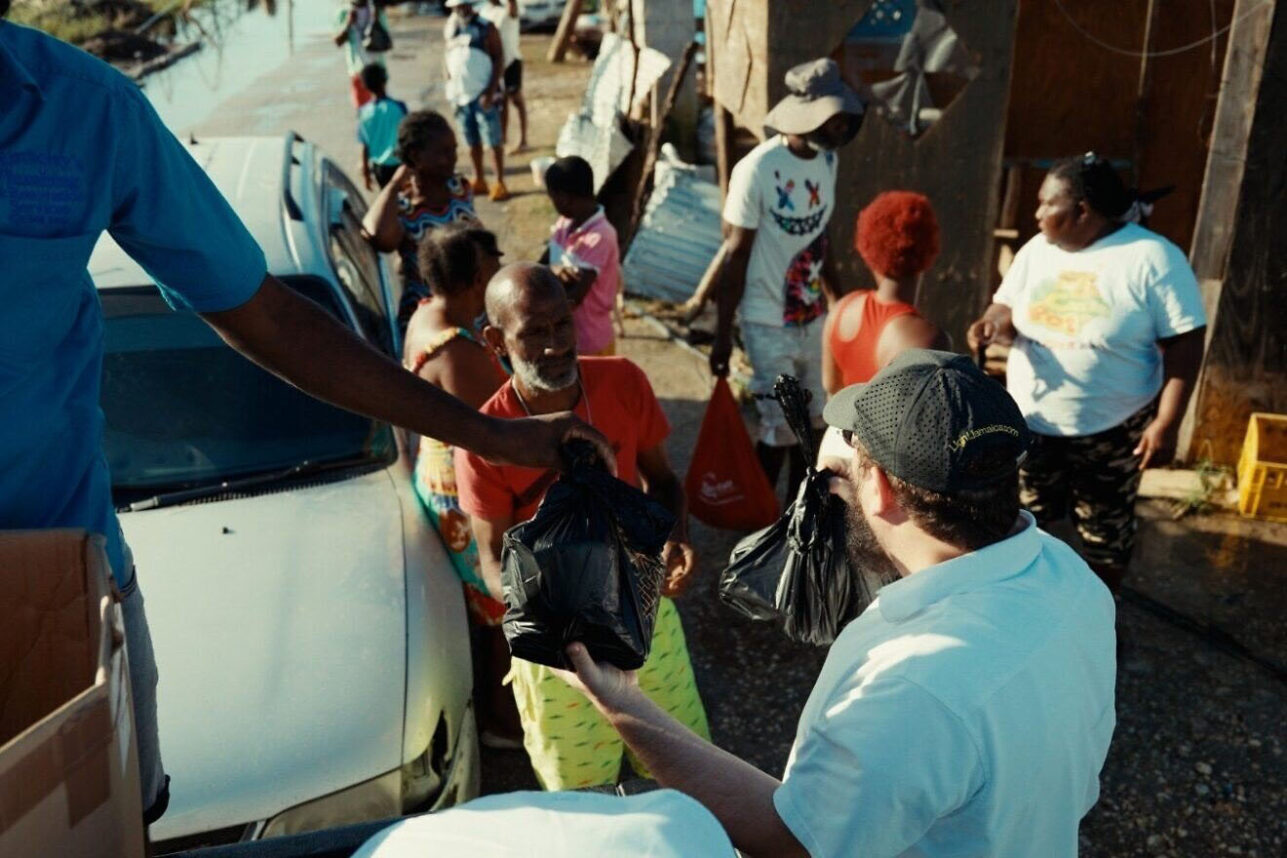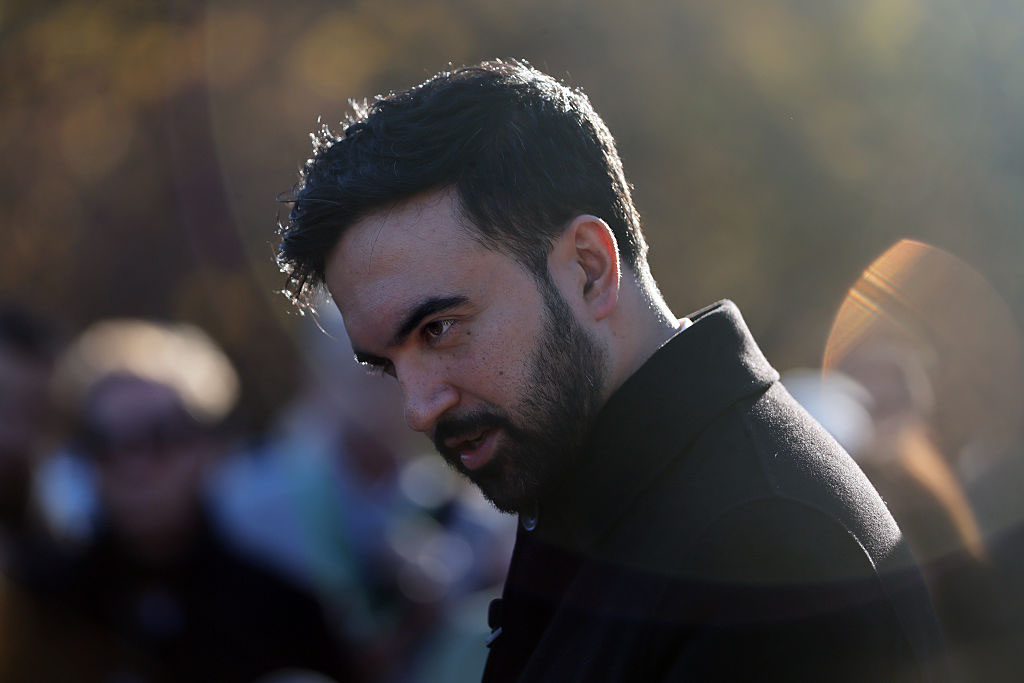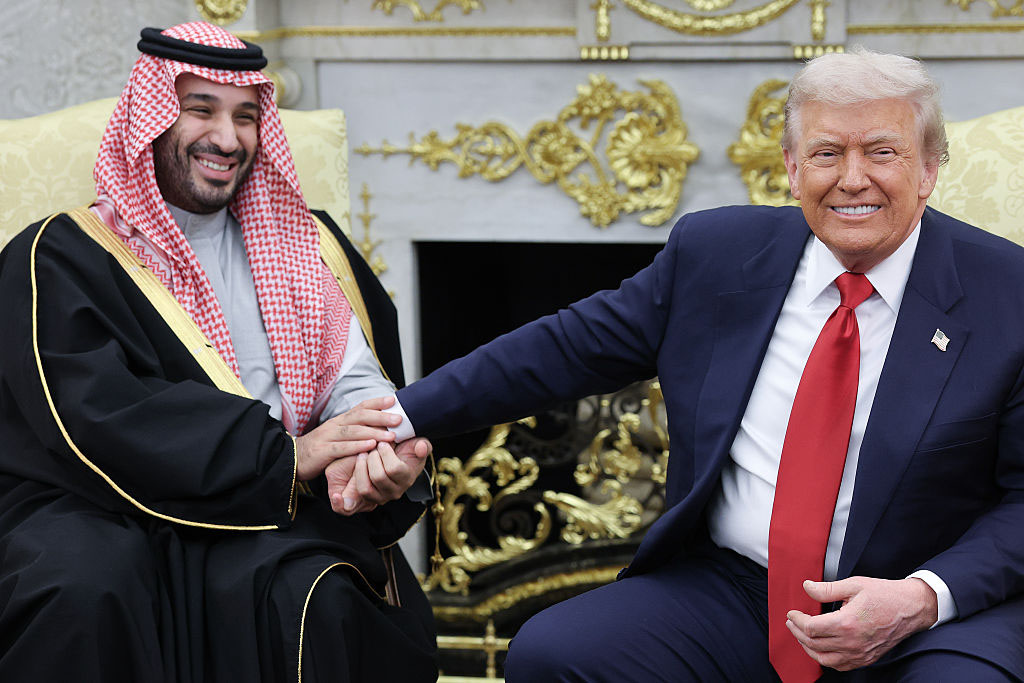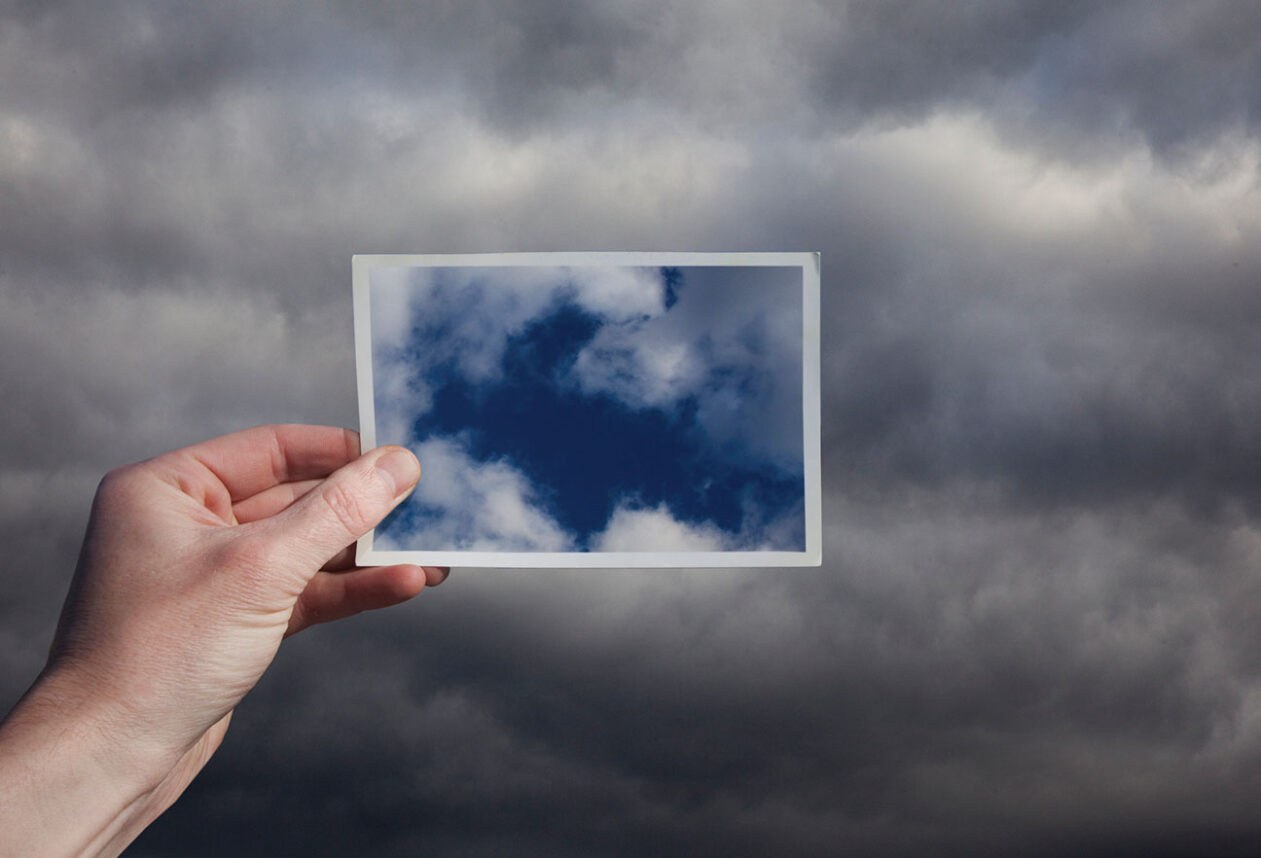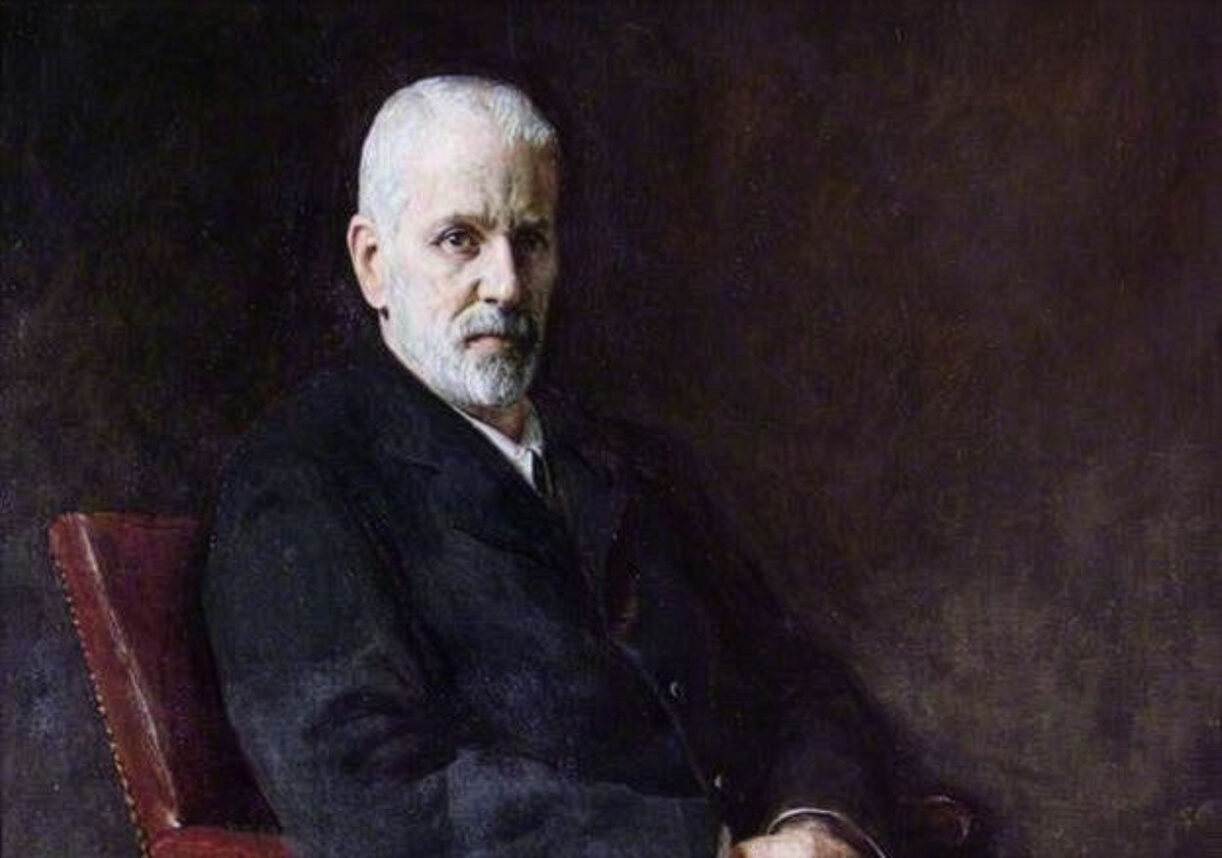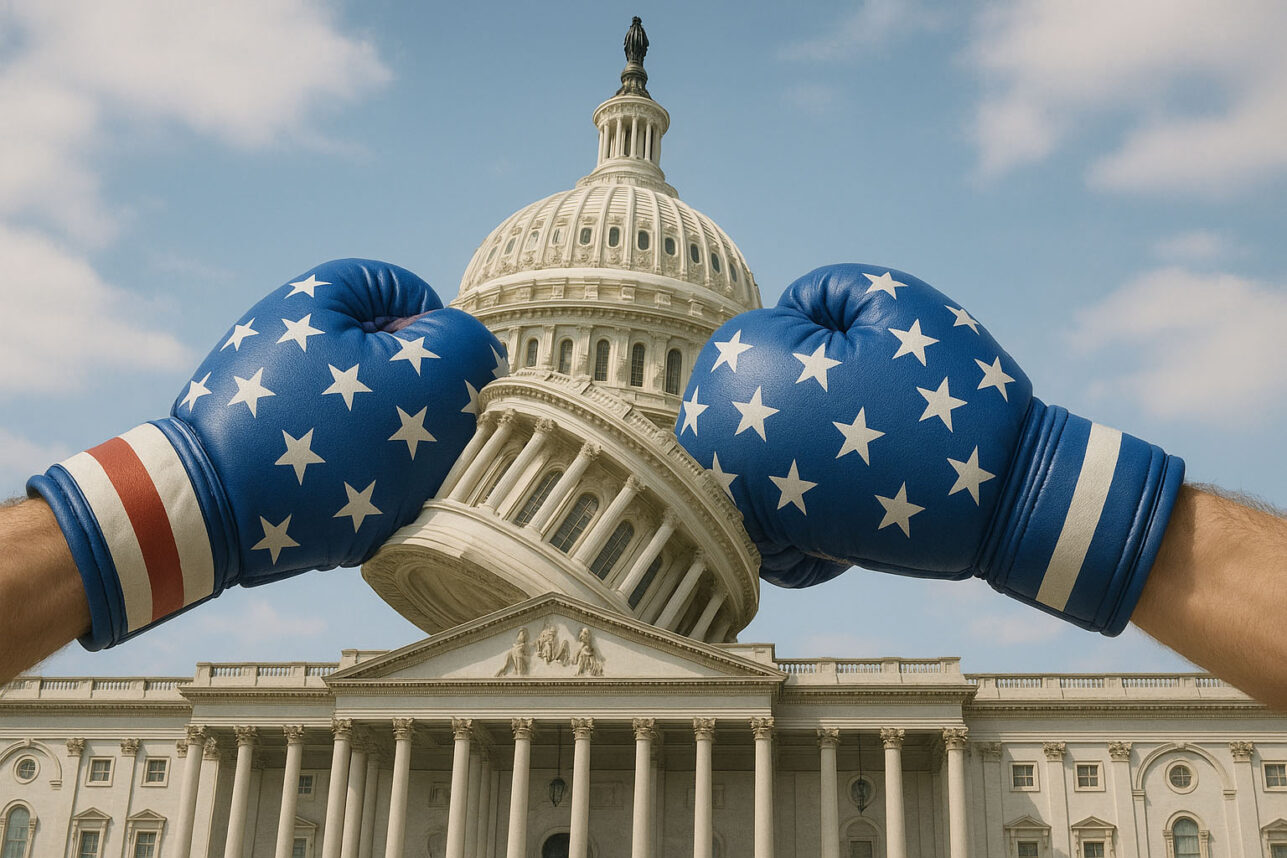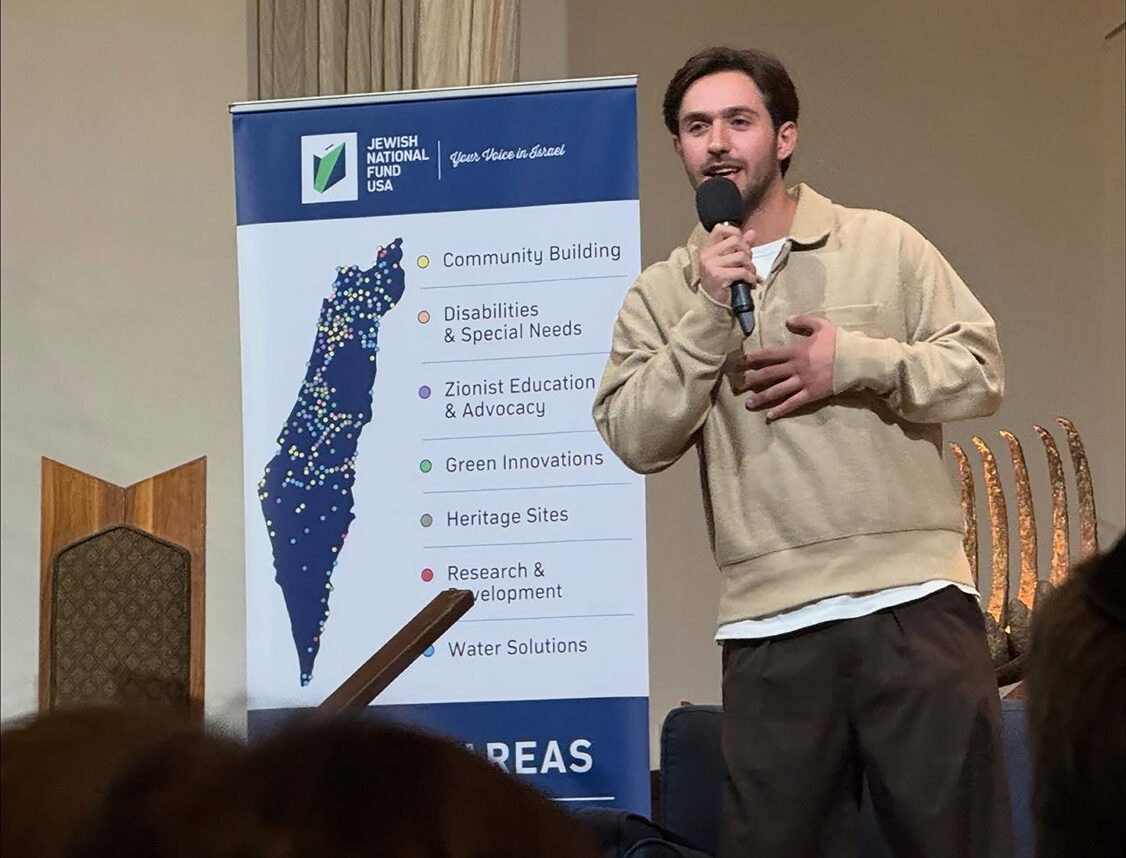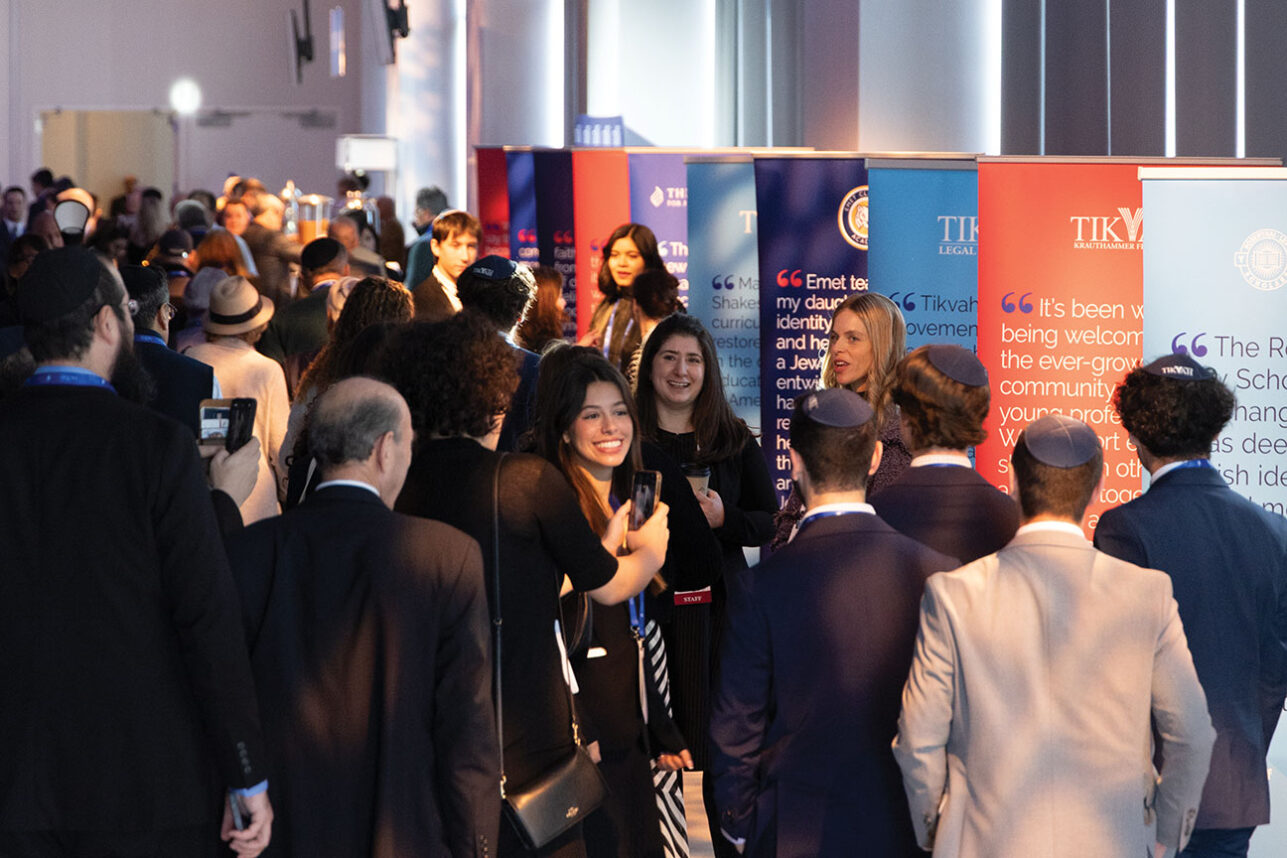Thursday, August 7, 2014
Human Rights Watch and Columbia Law School’s Human Rights Institute recently published a “>“Building Bridges to Strengthen America,” they recognize that there are complex and multifaceted explanations for the phenomenon of young American Muslims being attracted to extremists and extremist ideologies in the Muslim world. They aver the problem “cannot be explained or dealt with through either simplistic analyses or uni-dimensional policy responses.” >
They spend numerous pages in their report describing theories as to why Western Muslims become radicalized – if there weren’t real problems they wouldn’t be focusing on this issue. The theories they illuminate range from “socio-economic deprivation” to “identity politics” to “social affiliations” to “political marginalization/grievances” to the “presence of radical ideology.”
Unlike Human Rights Watch and Columbia, the council doesn’t deny the reality that any aware human can see in the world around them – there is a particular and unique problem posed by and to the Muslim community. There are issues that need acknowledging and counteraction, not avoidance by rigid adherence to abstract ideological notions.
Human Rights Watch and Columbia would view Quakers and Muslims alike: unwilling to acknowledge that law enforcement is justified in according more scrutiny and attention to one group over the other.
Their report recommends that the U.S. Attorney General should amend the Guidelines for Domestic FBI Operations to bar “assessments, preliminary investigations, or investigations … made on the basis of religious behavior, political opinion, or other activity protected by the right to freedom of expression under international law.” Under First Amendment jurisprudence, virtually everything short of an attempt to engage in terrorism is protected – admirers of Osama bin Laden, advocates of jihad and supporters of violent Islamism tolerated. That does not mean that law enforcement shouldn’t know who these folks are, be able to assess them and, when appropriate, investigate them.
Human Rights Watch would have us wait till the fuse is about to be lit before law enforcement can even preliminarily investigate dangerous people. It may be an appropriate prescription for the ivory towers in Morningside Heights and the rarefied air of a nongovernmental organization, but then they aren’t responsible for anyone’s safety.










